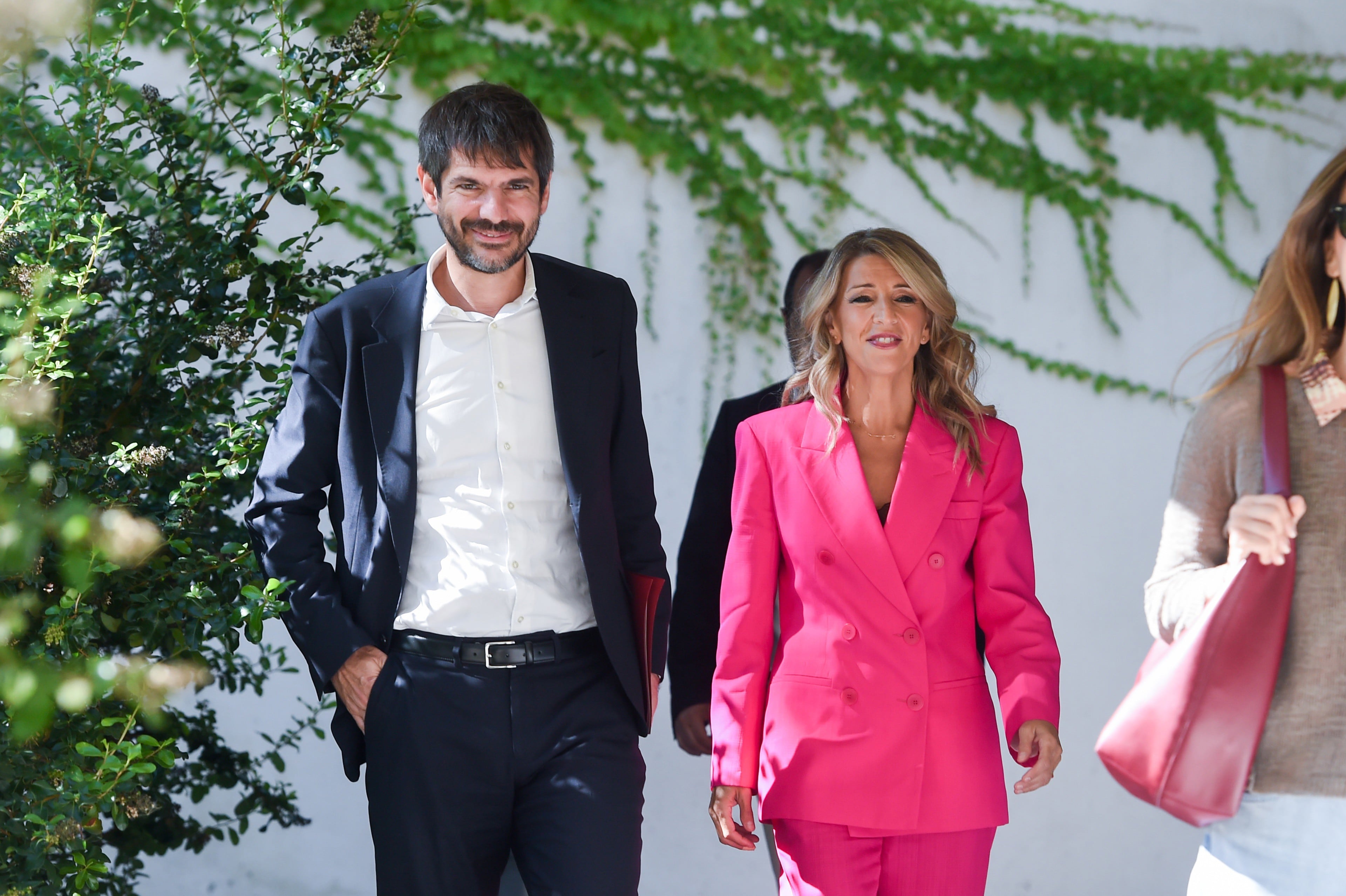Some may still not understand what it means to be influencers. Nor what do they do. But the government wants it to be very clear: it is a job. Therefore, Yolanda Díaz, Second Vice President and Minister of Labor and Social Economy, has presented today a proposal that aims to regulate for the first time the repeated creation of content by minors in social networks. Specifically, the Royal Decree project, which updates the previous one, of 1985, plans to prohibit child labor autonomously: it must always be on behalf of others and with a company that is responsible. In addition, age and limits of hours and times will be: the youngest can only be influencers On weekends, periods of school inactivity or vacation.
“We see that there are children who work from their rooms, and do so on Instagram and advertising, record videos and make direct, are minors who participate in the cultural industry without having the rights that the rest of the workers have,” Diaz said in the presentation, today in Madrid, according to the EFE agency. Its reform, already negotiated for months with the sector, now begins the public consultation phase. Then, being a royal decree, it may be approved by the Council of Ministers, without having to go through Congress.
The regulation, as a whole, seeks to modify “the employment relationship of artists, techniques and auxiliaries in the field of performing, audiovisual and musical arts, in force for 40 years.” Thus, for example, diets and displacements in the field of musical tours are collected, but themes are also addressed that did not exist four decades ago: for children’s influencers, “the concrete regime of participation of minors in artistic activities and their authorization is established (…), with clear and unique rules for the entire territory, avoiding abuses or unfair competition between companies”, according to a press release of the executive.
In addition, limits to generative artificial intelligence are set, which can only use works, voice or image of an author with its consent, and the payment of compensation; And it is also proposed that it be mandatory, in the filming of intimate or sexual sequences, the presence of an intimacy coordinator, a professional figure arising in recent years before the thrust of the movement Me too: it is responsible for ensuring that all interpreters are compliant and comfortable with what they ask for director and script.
“Culture does not fall from heaven, it is not improvised, it does not give away, it is not cloned: it is the fruit of thousands of people who do a wonderful and fundamental job and who have to have rights,” Diaz added. The vice president comes to fulfill, finally, the promise, which often repeated in recent months, that the reform was about to leave. By the way, one of the main points still to approve of the artist’s statute, a set of some 60 measures to adapt labor, fiscal or social security legislation to the specificities of the cultural sector, starting with its usual intermittent, is approaching the goal. The ultimate goal is for the arts to cease to be associated with “labor precariousness,” said Culture Minister Ernest Urtasun, present at the spot.
The Congress created a subcommission for the artist’s statute and approved its report unanimously there for 2018: some measures, such as compatibility between pensions and copyright collection, or an unemployment benefit to this driven by Díaz herself in 2022, they went ahead. The update of the Royal Decree also begins the path of hope to reality. A hyperreducent autonomous fee or tax incentives for professionals in the sector, on the other hand, continue in the air seven years later.
AI brakes, on the other hand, couldn’t wait any longer. In fact, many creators regret that it is already too late and that the machines have illegally phagocyted millions of works to train, and then become even the competence of the artists. The Royal Decree tries that for the future, at least, it is prohibited. “Culture will not be allowed to reduce algorithms, behind each image, each phrase and of each note there is a person, which has rights. Until now the AI has been a kind of bird of prey, a law of the jungle in a world without norms. Many have taken advantage of it to do business. Talent has become a file, in a fact, something that could be cut and hit, all this without authorizations and this will end up. Vice President.
For this, the reform wants to impose that the matter cannot even be included in the labor contracts of artists and technicians with companies, or in the transfer to third parties. Only the use of generative “in certain cases, always limited to the realization – in its different phases – in the exploitation and promotion of the work or the artistic work contracted, provided that ultrasuplantation of the working persons” are proposed. That is, it serves as an ally, never as an enemy. For the rest, whoever wants to use the talent of a creator will have to apply the most eternal and obvious rule: ask permission, and pay him. It has been worth centuries for humans. Soon, also for machines.

